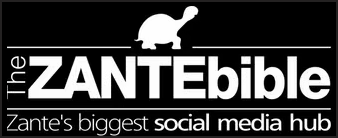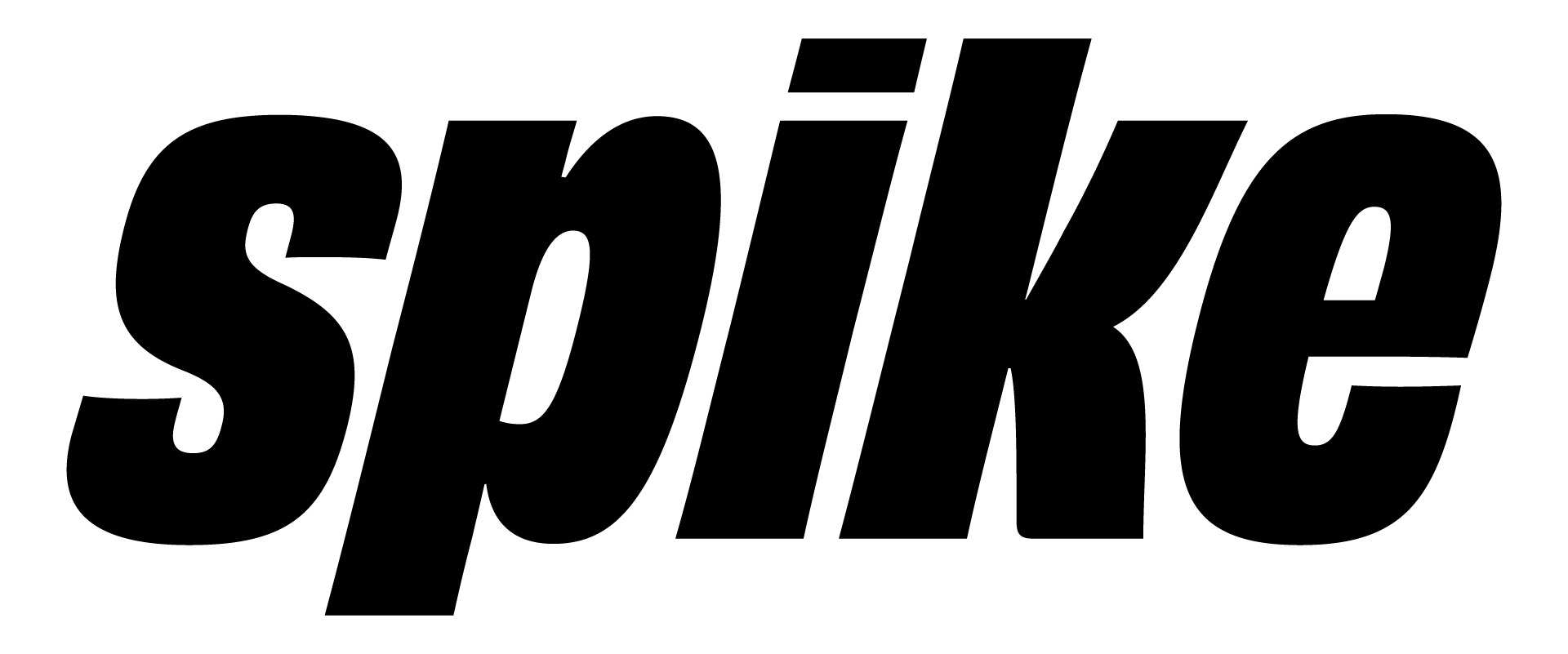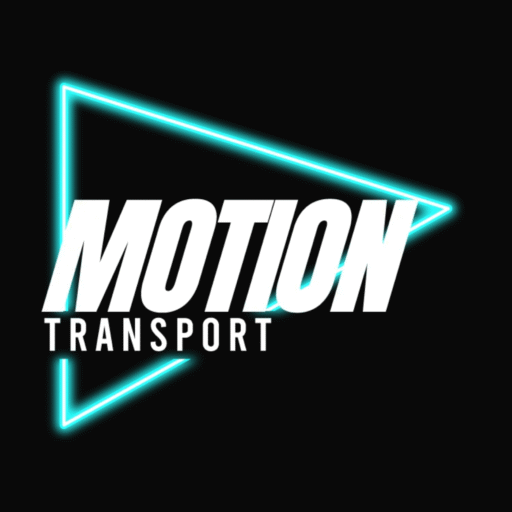Manchester, second biggest Twitter city in Europe, doesn’t really have a digital media economy. It has two.
On the one hand, there’s the digital landscape of the centre of town – a booming Big Chip ecology of strong digital creative, communications and search agencies, and great industry/university interaction, like the excellent Manchester Digital Skills Summit and talent day, which remarkably brings out participants almost by the thousand.
And on the other, we have the TV economy of (mostly) MediaCity – growing too, and fast. With the BBC moved in en masse, there could now be as many as 2000 more TV workers in the city than just a year ago – an extraordinary statistic. Manchester is where some of the biggest TV shows in the nation are produced, from Coronation Street to Match of the Day to Last Tango in Halifax.
The fascinating thing is that both economies, amounting to 7.7% of the total output of the Greater Manchester region, are digital – but there is nowhere near as much contact and interaction between the two as there could be. That’s an anomaly, and an opportunity.
Digital TV
If you want to know about the growth of TV in this city, look no further than the number of nominees for the North West’s Royal Television Society awards this year.
Entries were up 50% – a bellweather of the size of the sector itself, with wholeBBC departments, like BBC Sport and BBC Children’s, moved to Salford from London, and entirely digitized to far higher operational bandwidth in the process. (BBC Sport said at a presentation last year that they couldn’t have done the Olympics from their old building: they simply didn’t have the digital pipework to deliver it.)
And just look what’s doing well – it’s stuff of national significance. Investigative journalism in Panoramas and Dispatches and factual TV like Benidorm ER come from the Spinningfields-based Nine Lives and Blakeway production companies. And in MediaCity itself, sports coverage right up to Sports Personality of the Year, comedy and drama from Citizen Khan to Johnny and Inel.
Digital communications
Bliss, Code Computerlove, Amaze, Apadmi… There is a long and suitably picturesque list of digital agency businesses.
“The City of Manchester is about comms,” says David Edmundson-Bird of MMU. “History shows that like-minded business tend to agglomerate in order to attract business – so the city agglomerates all of the comms firms (digital agencies, PR, marketing) in order for them to be in the thick of it and/or be close to components of the supply chain involved in total integrated comms.” They stick to the centre of town, including the Northern Quarter.
“People hate the tram”
So why don’t these two digital economies get together and get creative, in the same way (say) that the digital and entertainment industries do in both New York or Los Angeles?
How can some of the big-media scale of MediCity penetrate the occasionally cottage-industry scale of Northern Quarter businesses? And how can some of the design funkiness and communications pizzazz travel back in return to the undoubtedly anodyne industrial estate of Salford Quays? (I run an office there, Shine North, as an outpost of the global TV production group behind Broadchurch and Masterchef; it’s a great place to be, but I don’t know any MediaCity graphic designers, SEOs, digital marketing agencies, pubs or groovy coffee shops, so there is work yet to do.)
“I have been trying to get the two sides to connect through my TV Tech Group,” says Katie Gallagher of Manchester Digital. “It’s funny, considering that SEOs have to stay ahead of the curve and be so market aware just to stay in business, that they really don’t always see the wider opportunity that TV presents.”
In some respects, she says, it doesn’t feel like we have moved past the pilot stage for this kind of stuff and that was five years ago. Everyone is still having the same conversations. “Commissioning still seems to be very siloed for digital and broadcast.”
And why is TV production siloed, too? Amongst a handful of reasons, says Edmundson-Bird, people don’t like the logistics of getting from MediaCity to the Northern Quarter or the reverse: “People hate the tram.”
It’s not all bad news. “I have seen stuff around aggregation and real-time feeds from social platforms,” says Gallagher. “There are some agencies who create great second screen stuff for TV, such as startdotstar, and I think Code have done a few bits – and the BBC have done interesting stuff like Antiques Roadshow.”
Making it work
Gareth Langley is one of the guys who run stardotstar – located in the Northern Quarter but strategically with just as much of a footprint amid the broadcast clientele of MediaCity.
“The majority of digital agencies work in marketing,” says Langley. “Naturally, this is all about encouraging the audience to click, like or buy something they might not have been intending to before they came across the marketing comms. Meanwhile, on the most part (save a few exceptions), people who create TV programmes consider themselves to be artists, crafting beautiful television for discerning viewers. To many, advertising and marketing comms is something dirty, and not something that you need to worry yourself about when your objective is getting your next BAFTA nomination.”
So there is a cultural gap – and a cultural and business opportunity across the city. “The best content comes not from an arrogance of one media considering itself better than the other, but an acceptance that together we can make something much, much better,” says Langley.
Digital Innovation, with its new building off Oxford Road pointed at the kind of digital marketing and communications you learn in the MMU Business School, and the kind of design and content creativity you learn in the School of Art, plus the science, the engineering, the rest of it… this is a place we can start to make those links.
Source: Digital Innovation







